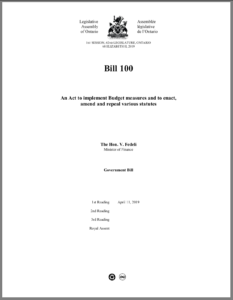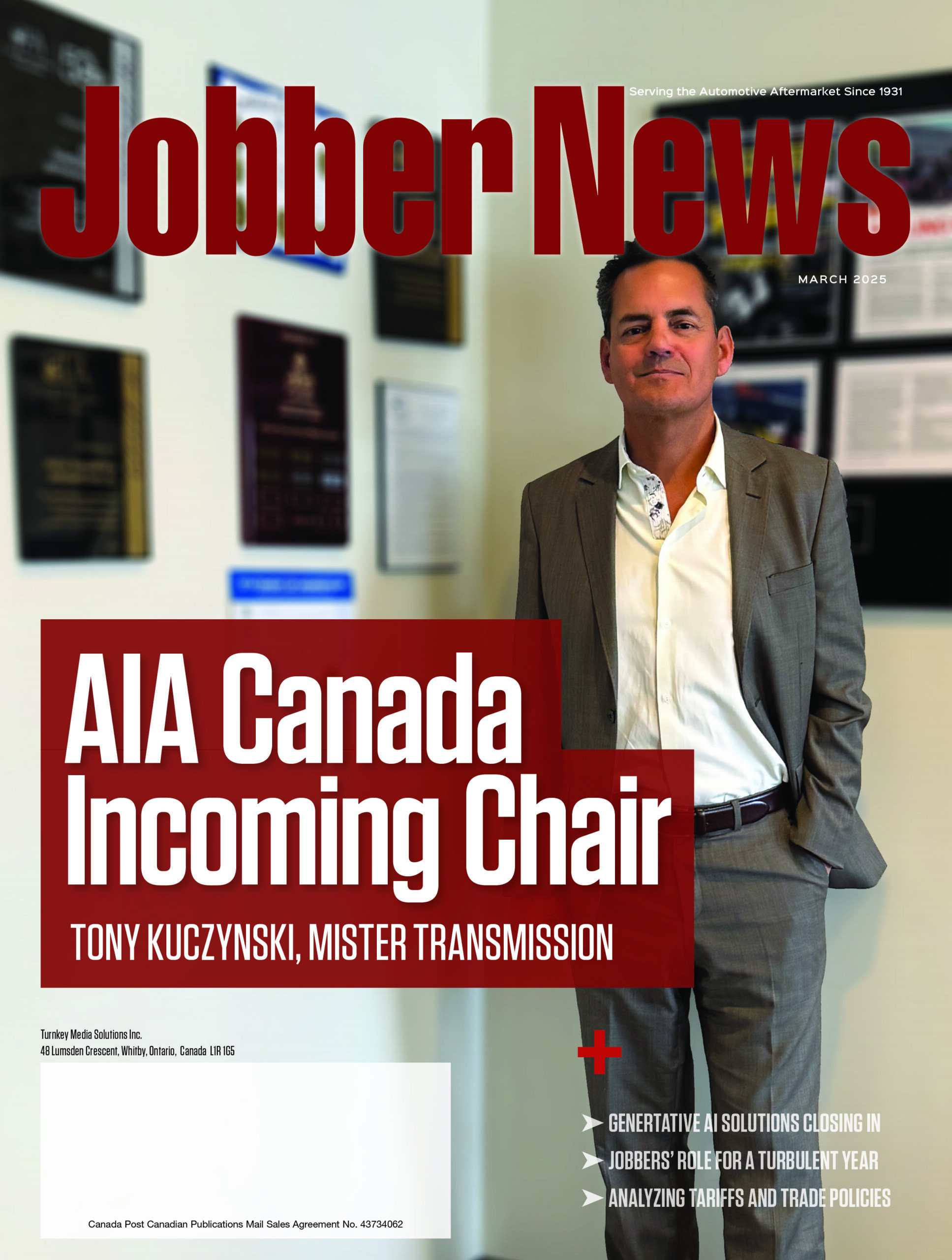
Fees no longer need to be remitted to Ontario’s defunct College of Trades as the provincial government dots the I’s and crosses the T’s of the institution’s closing.
Effective April 12, at the request of the Minister of Training, Colleges and Universities Merrilee Fullerton, the fee structure was eliminated for most skilled trade workers and suspended for the balance.
Fees were eliminated for apprentices, journeyperson candidates (those who are finished their apprenticeship but have not yet written their Certificate of Qualification exam), and tradespersons (those who have completed apprenticeship in trades where licensing is not mandatory).
For journeypersons in trades that require licensing, such as automotive service, fees were cut in half, from $120 a year to $60. But those fees are not being collected right now.
In order to implement the technical changes necessary to enable the change in fees the college has placed a temporary pause on membership fee collection. The college has ceased sending out invoices and will not accept payments until the new rate kicks in, sometime before July 5, 2019.
Fees will accrue during the suspension of collections, and will be due after it ends.
The changes were announced as the government introduced Bill 100, an act to implement recent budget measures and to enact, amend, and repeal various statutes. It was introduced by the province’s Minister of Finance, Victor Fedeli, and passed first reading on April 11.
Schedule 40 of that act details the closing of the Ontario College of Trades, and the introduction of a “Modernizing the Skilled Trades and Apprenticeship Act, 2019” which, if passed, would establish a new governance model for the skilled trades and apprenticeship system. This would be a Ministry-led delivery model with industry input in training programs and regulation.
You can find the bill as Schedule 40 at this link.
According to a release from the provincial government, during the transition period the college will continue to deliver on its core services, including:
* Issuing or renewing certificates of qualification and other credentials,
* Verifying credentials on worksites for compulsory trades,
* Undertaking trade equivalency assessments, and,
* Supporting labour mobility through credential verification
Related Posts
Comments
-
That’s fine to lower the fees, but is there going to be less training for up coming apprentices. Is this Government going to Take action and Catch non registered workers at Garages and Dealerships. My question is are they going to do something good .
-
I’m trying to find out if working in a voluntary trade and holding a journey person certificate (passed the exam in 2018) is it necessary/ obligatory, to renew OCOT membership? What happens if i don’t renew and keep working?
Do you know anything about this? If i ask the college I’m sure they will say everyone has to be a member, so I’m trying to find out more information somewhere else. -
I don’t think there will be training as most garages have non registered workers and someone bank account is full. The journey person don’t want to strain as he himself has been kept just to sign and let it go. They wanted me to train the apprentices as I my self was learning to be a journey person. If you say something they run to the ministry but the consultant came to my work place but never came to me as everything is money or I put a challenge to MOT or the college of trade to go with a warrant and crack on management who abuse the system as they are in hand in glove with the government.
-
-
I paid in feb. So does is my licence good until 2021.
-
I’m trying to find out if working in a voluntary trade and holding a journey person certificate (passed the exam in 2018) is it necessary/ obligatory, to renew OCOT membership? What happens if i don’t renew and keep working?












Leave a Reply